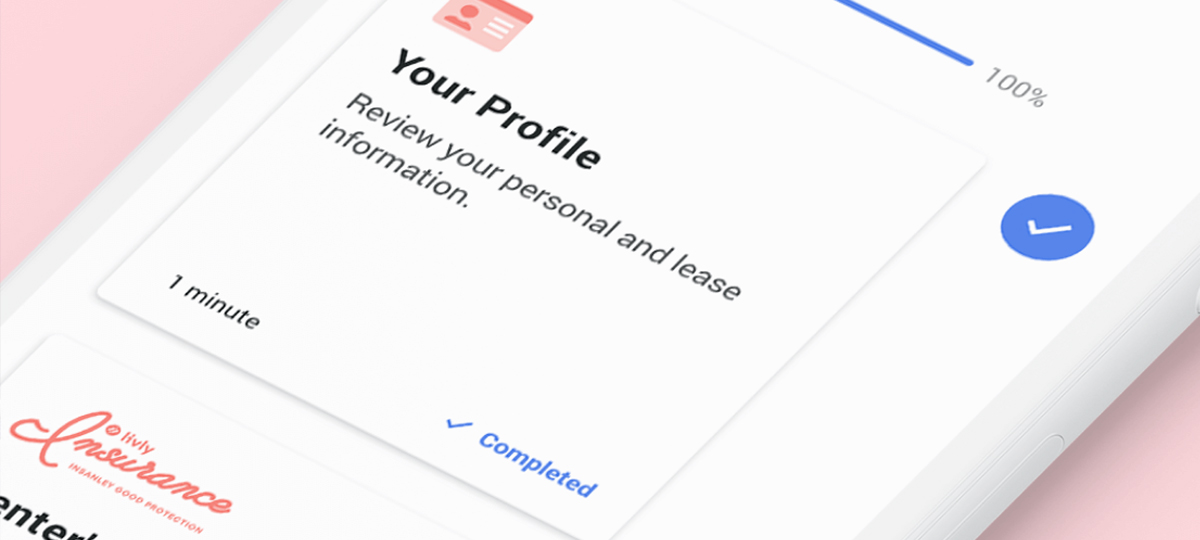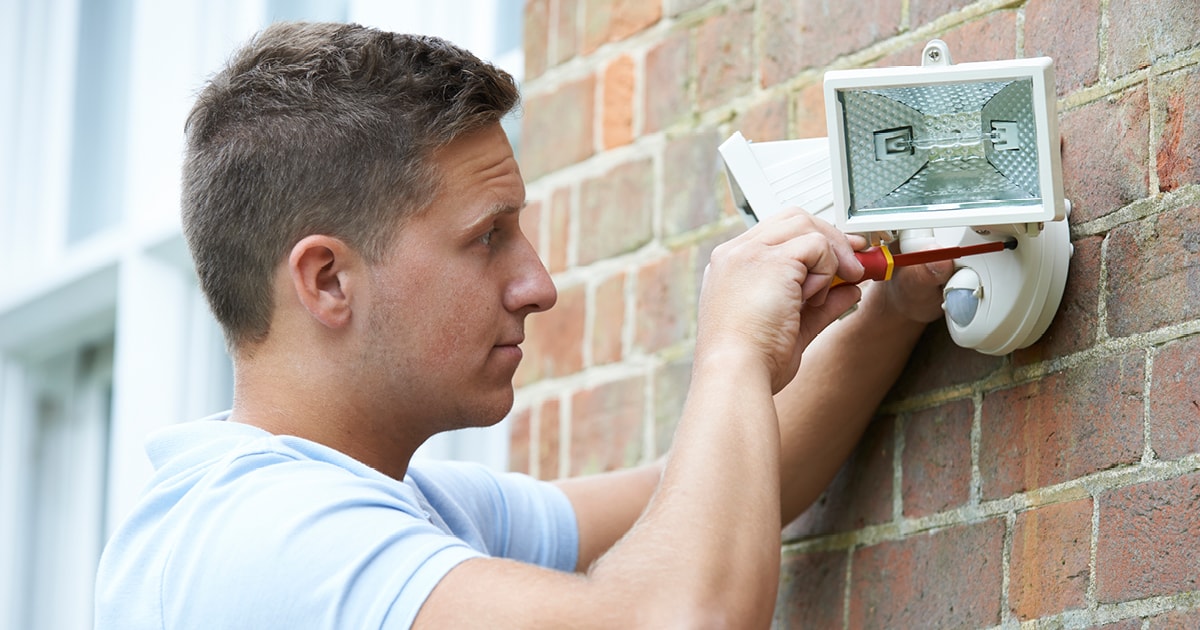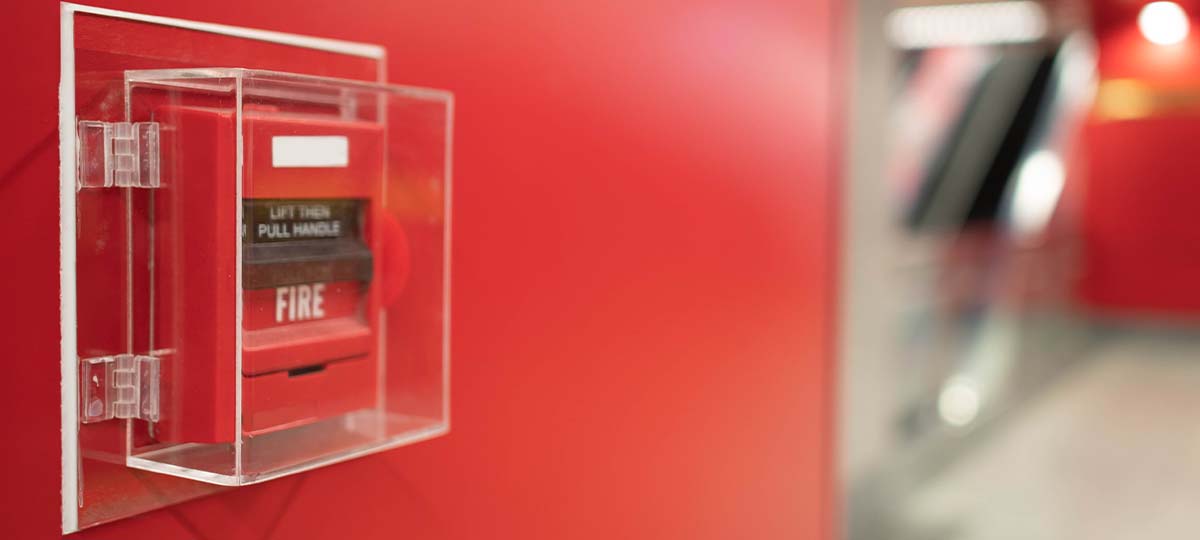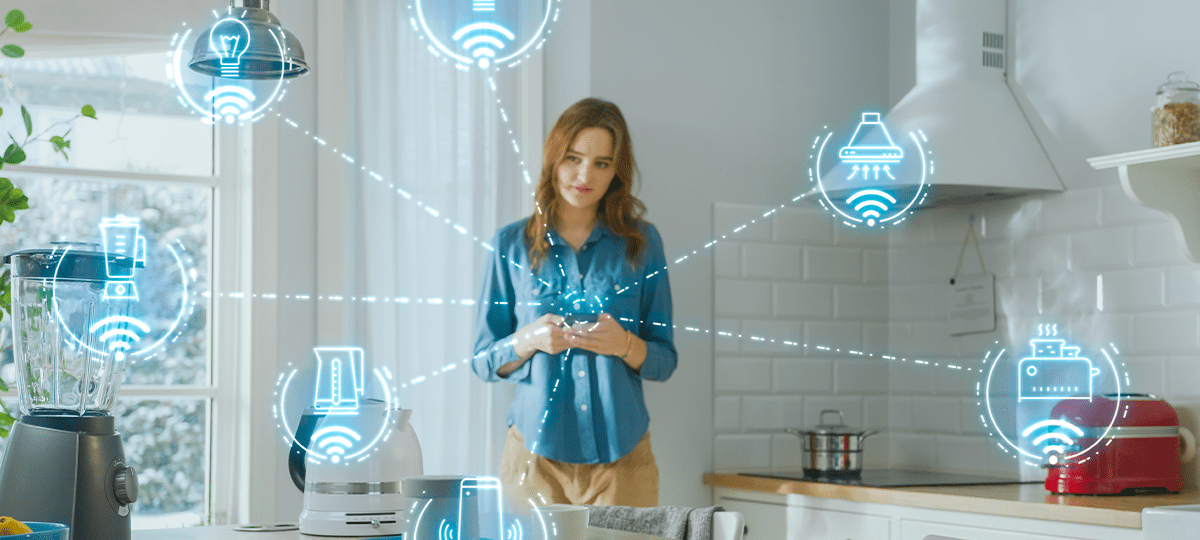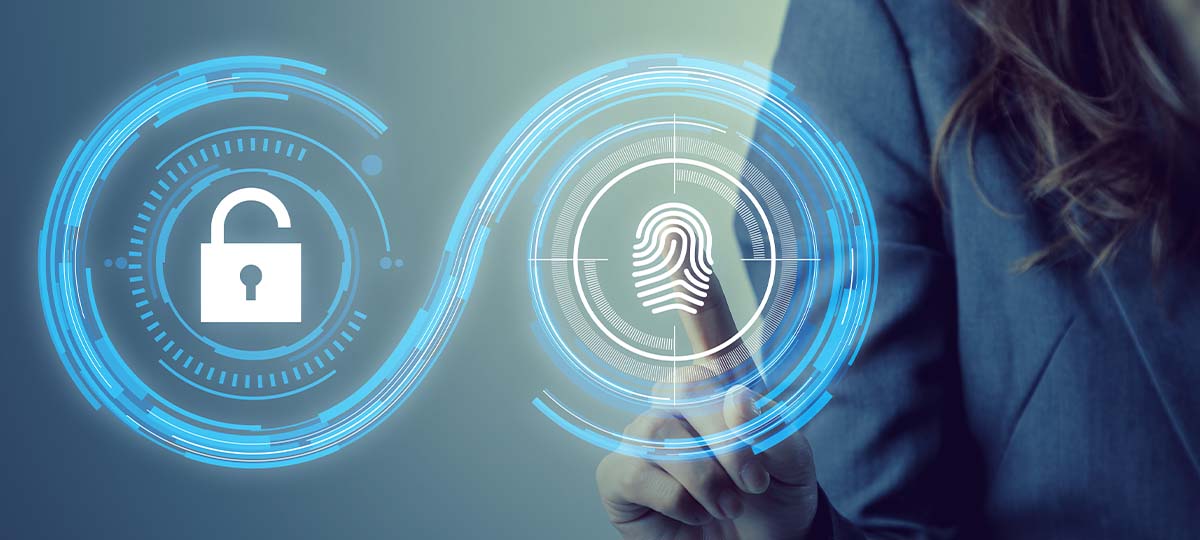Video Doorbell Privacy Issues
Video Doorbells In the News
Video doorbells are one of the hottest home security tools on the market today. We agree. Once you have a video doorbell, you’ll probably wonder how you ever lived without it. Check out our blog on How a Video Doorbell Works to learn more.
However, like any technology on the market today, privacy issues continue to be a significant concern and video doorbell companies have come under scrutiny for some of their privacy practices.

A video doorbell is like caller ID for your front door. A camera turns on when someone rings your doorbell or movement is detected by the front door. You can log in to an app on your smartphone and view a live feed of the person at the door.
Many video doorbell systems also record footage of visitors who approach your door while you’re away from home or unable to answer the door. Most popular commercial video doorbell systems don’t offer local storage for recorded video, so you must subscribe to a cloud service for a monthly fee to view your recorded clips. Monthly subscriptions are what drive their revenue.
You believe you are the only one who has access to view your recorded video footage, particularly if you have an encrypted Wi-Fi network. However, it turns out, you may not be, and that is why some video doorbell companies have been in the news of late.
Security researchers discovered flaws in some video doorbell devices that left the systems exposed to hackers. Hackers could easily see and hear audio and video transmitted by the video doorbell.
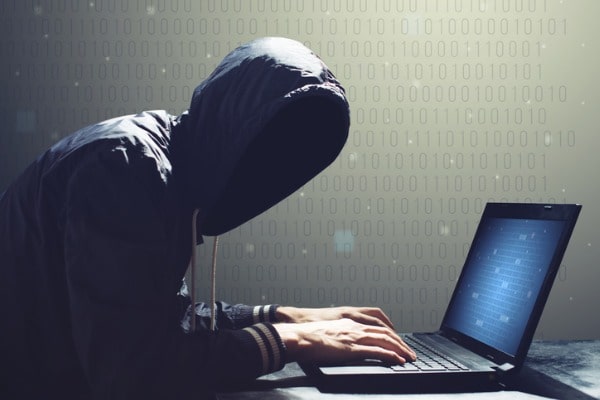
Another issue recently discovered: the terms of service agreements for some video doorbell companies include clauses that allow employees at the video doorbell companies to view your videos. Granted, it is usually for training purposes or to help improve service, but it is still disconcerting for many consumers. Especially when there are reports about video doorbell employees annotating footage with actions like “kissing, firing guns, and stealing.”
Additionally, it was reported that unencrypted video and audio transmissions were being viewed by employees of these video doorbell companies even though the terms of service did not explicitly give the company that right.
If the company housing your recorded video is accessing your video, how can they use it?
While you may be comfortable with your video being used for training or product improvement processes, some homeowners were up in arms earlier this year when they discovered their videos were being used for advertisements.
Users had opted-in to an alert service that showed the faces of suspected criminals around the country. What they didn’t realize was that the fine print granted the video doorbell companies an unlimited, irrevocable, fully paid and royalty-free, perpetual, worldwide rights to exploit Shared Content for any purpose.
The bottom line is that you must be your own advocate for the privacy of your information. Do not sign contracts without carefully reading them. Remember that anything transmitted over Wi-Fi or stored in the cloud is susceptible to hacking if it is not encrypted. It’s up to you to do your research and choose to work with companies who are known for their strong privacy practices, data encryption methods, and who have not had reported breaches of their security measures.
If you want to read more about the privacy battles brewing over video doorbells, check out The Washington Post’s article, The doorbells have eyes: The privacy battle brewing over home security cameras. There is some excellent information in here about how to be a responsible video doorbell owner, as well as some of the current privacy debates that are brewing.


